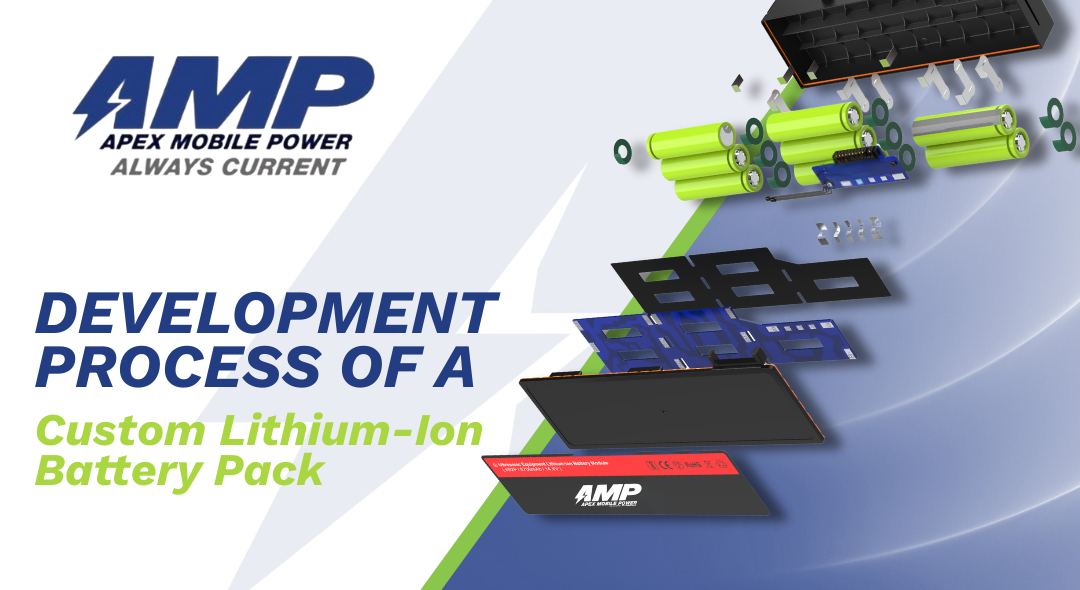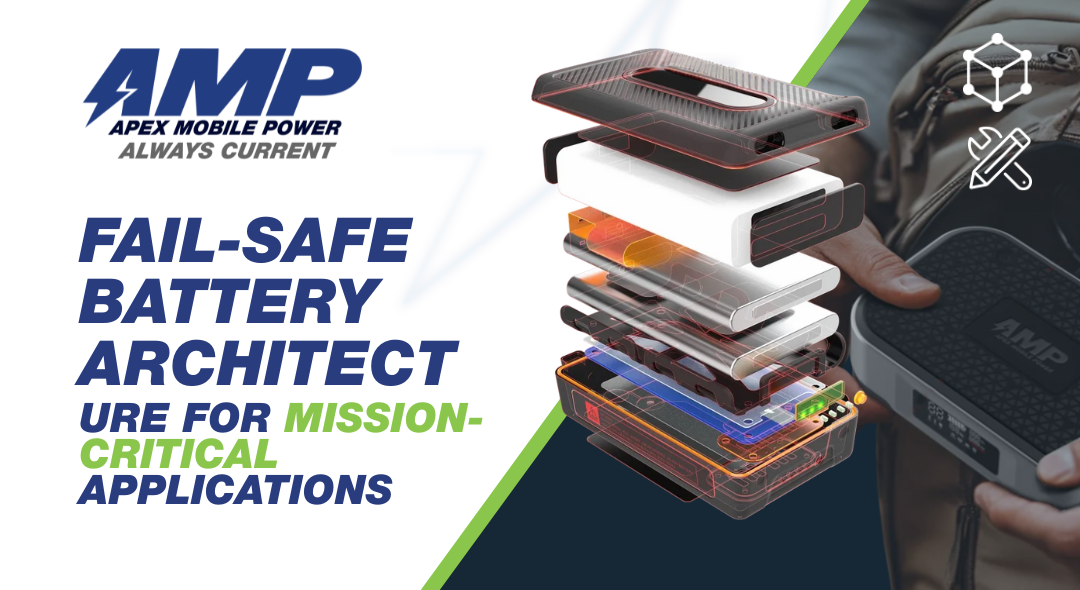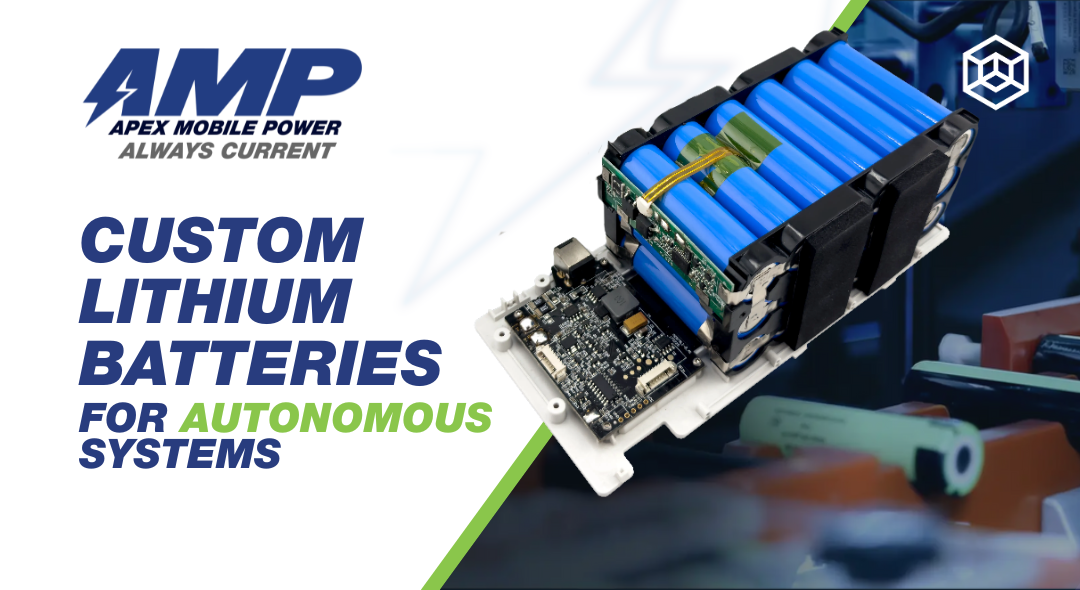IP67 vs. IP68 — What’s the Difference and Why It Matters
.png)
In the world of rugged electronics and battery-powered systems, ingress protection (IP) ratings are more than just technical specs. They are a key part of ensuring your equipment survives and performs in harsh environments. Two of the most commonly referenced ratings are IP67 and IP68. Both sound impressive, but how much protection do they actually provide—and how do you know which one is right for your application?
Let’s break it down.
Understanding the Basics
IP ratings are defined by the International Electrotechnical Commission (IEC) and describe how well an enclosure protects against intrusion from solids and liquids. The first digit refers to protection against solids like dust. The second digit refers to protection against liquids such as water.
Both IP67 and IP68 offer complete protection from dust. Where they differ is in their level of water resistance.
IP67: Reliable Protection for Everyday Exposure
IP67-rated devices are dust-tight and can be submerged in up to 1 meter of water for up to 30 minutes. This level of protection is ideal for:
- Equipment used in rainy conditions
- Products exposed to accidental splashes or spills
- Short drops into water or wet environments
It is a strong standard for consumer-grade tools and mobile gear used in mildly rugged conditions. At Apex Mobile Power, many of our custom battery packs are engineered to IP67 standards when the use case demands water resistance without continuous exposure.
IP68: Built for Extended and Demanding Environments
IP68 builds on the protection offered by IP67 by allowing for continuous submersion beyond 1 meter. The exact depth and duration depend on manufacturer specifications, but the standard ensures your equipment is safe in much more extreme wet conditions.
IP68-rated battery packs are ideal for:
- Marine and underwater equipment
- Devices used in high-moisture industrial settings
- Applications that require frequent wash-downs
- Equipment that may be submerged during emergency operations
- For clients working in construction, first response, or outdoor infrastructure, IP68 provides peace of mind where failure is not an option.
AMP’s Approach to Ingress Protection
At Apex Mobile Power, we design and build battery packs that meet both IP67 and IP68 standards based on your specific operational requirements. We do not generalize protection. Every pack is engineered for the environment it will face—from water exposure to dust ingress to impact resistance.
We work closely with OEMs to understand the risk level, use cases, and safety expectations. Then we apply the appropriate enclosure, sealants, thermal strategies, and materials to meet or exceed the target IP rating.
Why It Matters
Choosing the right IP rating is not just about surviving exposure. It is about ensuring long-term performance, avoiding downtime, and meeting regulatory or industry safety standards.
In mission-critical environments, the right battery enclosure protects more than just the power source, it protects your operation.
If you are building systems that demand rugged, tested protection, we can help you choose the right configuration.
Talk to our engineering team today to specify your IP-rated battery system.







